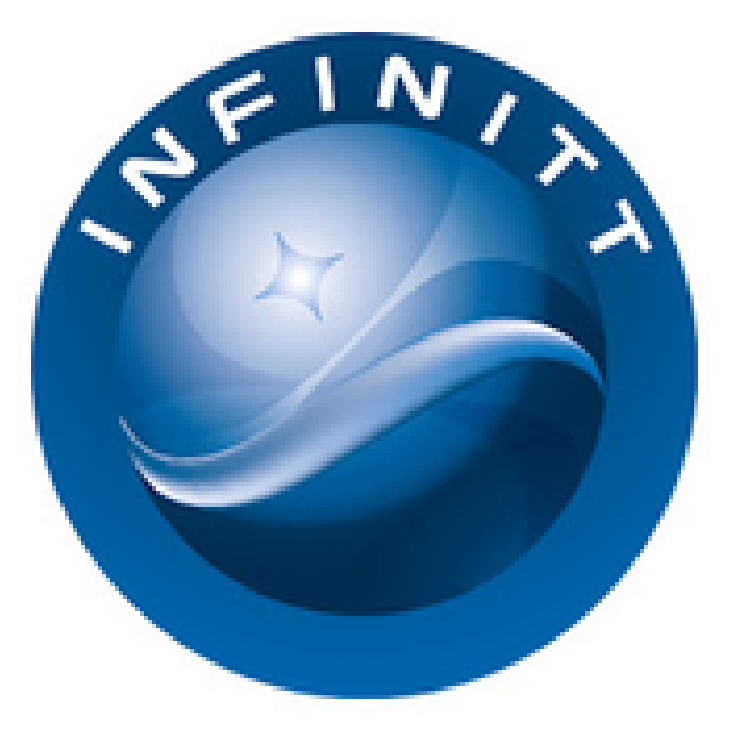PET/CT Scan
PET/CT Scan
A PET/CT (Positron Emission Tomography/Computed Tomography) scans is an advanced Nuclear medicine imaging technique utilized for various oncological and non-oncological clinical indications. This scan has the ability to provide both structural and functional information of cells and tissues in the body during a single imaging session. .
A successful response seen on a PET-CT scan is often noticed before any changes in anatomy therefore making it an earlier indicator of tumour response compared to other diagnostic modalities. It is especially effective in identifying whether or not a cancer is present; in particular lung, head and neck, colorectal, oesophageal, lymphoma, melanoma, breast, thyroid, cervical, pancreatic and brain cancers as well as other less frequently occurring cancers. It can also be used to assess your response to treatment.
CONTACT US TODAY
You can contact us by using our contact form below. We look forward to hearing from you.

